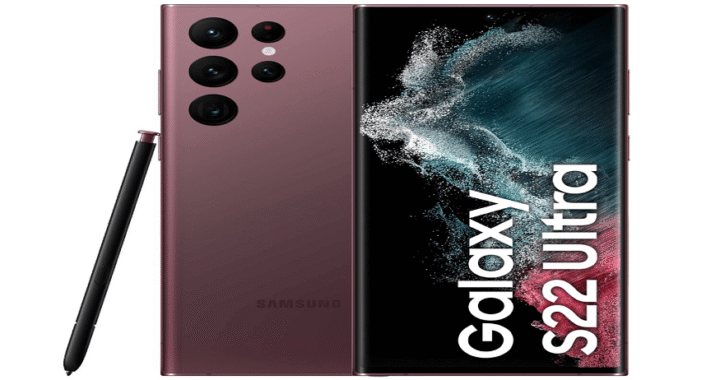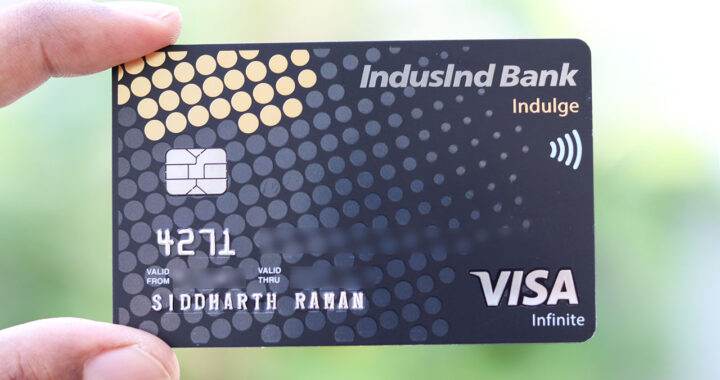What is the Difference Between BSE and NSE?

If you have recently opened a Demat account or are in the process of doing so, you will very often stumble upon the words NSE and BSE. Almost every time you place an order to transact shares, you must choose between NSE and BSE. Why is that, you may ask? The NSE and the BSE are the two major stock exchanges in India. A stock exchange functions as a marketplace where investors and traders trade securities. The average retail investor can connect with the exchange to trade equity shares and their derivatives through a broker. Every upcoming IPO also has to be listed on either exchange.
So, now you may ask, what is the difference between BSE and NSE, and which exchange should you choose when you invest in the markets. We will get into that, but first, let us dive deeper and understand each exchange.
BSE – Bombay Stock Exchange
BSE stands for Bombay Stock Exchange and is the oldest stock exchange in Asia. Established in 1875, it was known as “The Native Share & Stock Brokers Association.” Initially, physical trading of share certificates was the Norm at the BSE. However, in 1995, the BSE shifted to a fully electronic trading system called BOLT. Thanks to technological advancements, you can send your order to the BSE from anywhere using your trading app on your smartphone.
In 1986, the BSE introduced the Sensex, one of the two leading indices of the Indian stock market. Besides the Senex, the BSE has other indices like the BSE 100, BSE 200, BSE PSU, and BSE Auto. Its other product offerings include ETFs (exchange traded funds), mutual funds, and corporate bonds. The BSE is one of the world’s top 10 most valuable exchanges. The total market capitalization of the BSE is more than 2.51 lakh crores as of June 10, 2022. You can trade equity shares, equity derivatives, commodities, and currency derivatives on the BSE.
NSE – National Stock Exchange
Now let us look at India’s other major stock exchange, the National Stock Exchange NSE. The NSE, established in 1992, more than a century after the BSE, commenced operations in 1994. It started operations with the launch of the wholesale debt market. And shortly after that, it launched the cash market segment or equity share trading. The NSE first introduced the electronic trading system in India shortly after it commenced operations. Today, the NSE is India’s biggest stock exchange in market capitalization. As of May 31, 2022, it had a total market capitalization of more than 2.57 lakh crores.
The Nifty 50 is the primary index of NSE and is the other main index along with BSE’s Sensex. Besides the Nifty 50, the other key indices of the NSE include the Nifty Next 50, Nifty 500, and Nifty Smallcap 250. Nifty Bank, Nifty IT, and Nifty Metal are some of the sectoral indices of the NSE. The products offered by the NSE are equity, equity derivatives, ETFs, IPOs, mutual funds, currency, and commodities.
Differences Between NSE and BSE
Now, let’s look at the difference between these stock exchanges. The Bombay Stock Exchange is India’s first stock exchange. In comparison, the NSE is India’s most extensive stock in terms of market capitalization. The BSE is ranked 10th among the leading global exchanges in the world. In contrast, the NSE ranks 11th. As its name suggests, NSE’s benchmark index, the Nifty 50, consists of the 50 top companies. On the other hand, BSE’s primary index, the Sensex, consists of the leading 30 companies in the country.
As per NSE’s May 2022 month-end report, there are 2012 companies listed on the NSE. At the same time, the BSE has more than 5000 listed companies, which is more than two times the number of the total companies on the NSE. However, the trade volume on the NSE is higher than that of the BSE. So, more traders are trading on the NSE than on the BSE. That results in higher liquidity on the NSE than on the BSE, so that trades will execute seamlessly.
Now that you know what is the difference between BSE and NSE, which exchange should you choose when you place your bid? Most of the leading companies are trading on both the NSE and BSE. An upcoming IPO will also list on both exchanges. So as a new investor, you can choose the NSE, on which the company is trading at a better price. However, the price difference is marginal, but when you trade in large quantities, it makes a big difference. Some companies only trade on one of the exchanges. The BSE stock is one such example that trades only on the NSE.
To trade in NSE and BSE one needs to have a Demat account. A Demat account is created in a depository. A depository means a place that is responsible mainly to create Demat account and ensure the transaction process happens smoothly. India ahas two depositories The National Securities Depository Limited (NSDL) and the Central Depository Services India Limited (CDSL). To open a Demat account you’ll need a depository participant and you can trade in both NSE and BSE.










